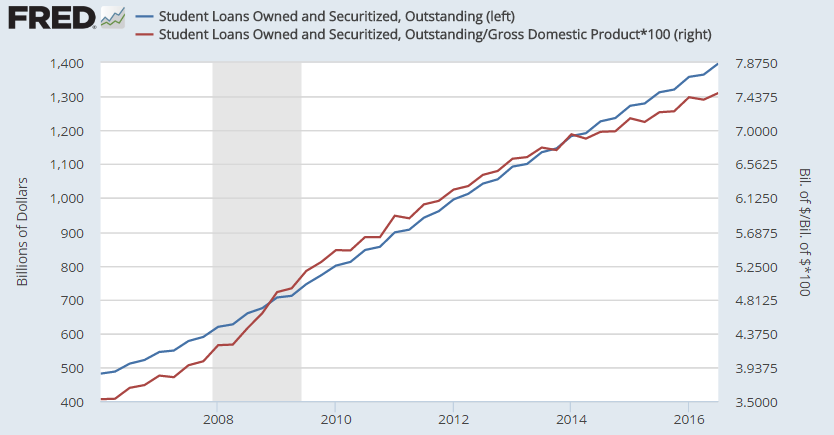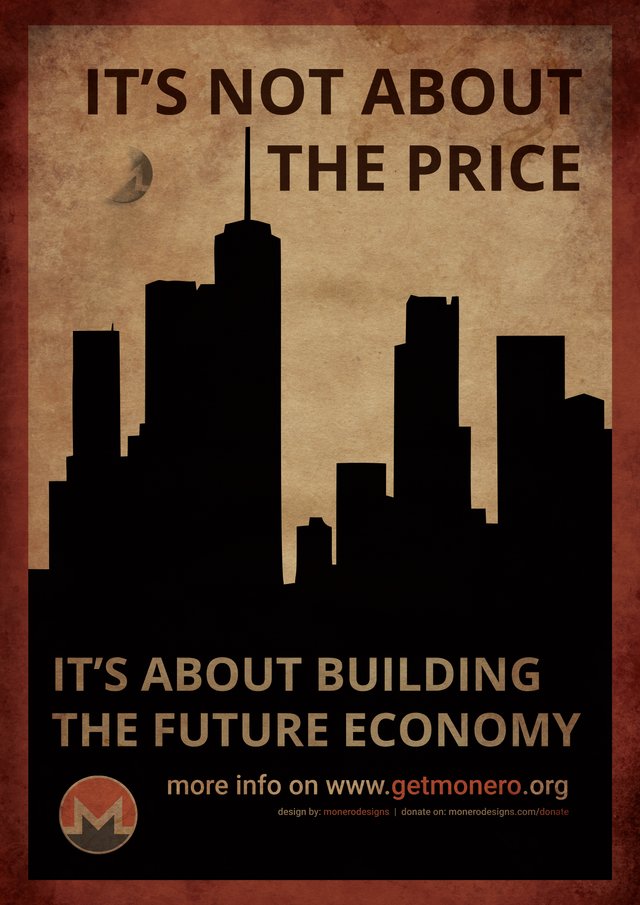The Price of Admission

My parents always told my siblings and I that we could be or do anything, if only we worked diligently toward our goals. We were supported unconditionally, and discipline was rendered in an authoritative fashion. Everything was firm but fair.
Out we went into the world, our expectation being that the greater forces of authority would maintain this standard of fairness. We were in control of our destiny, so long as we operated within the boundaries of the rules.
This expectation, however, proved to be unfounded. The system was not designed to benefit those who are removed from positions of privilege.
I enrolled in college directly after graduating high school, led into the corral by the expectation laid out by family, the educational system, and society at large. I lacked intrinsic motivation, however, and quickly abandoned the process. Instead, I became preoccupied with a dangerous predilection for consuming intoxicants.
Meanwhile, I secured a position in the machining trade where I worked in a filthy, noisy production environment for over 8 years. I hated it, and grew miserable. I numbed myself continually, and eventually found myself struggling with a futile effort to regain control of the direction in my life. I nearly failed entirely, having skirted death more times than I care to admit.
Fortunately, I was spared the ongoing and compounding dysfunction that substance dependence nearly always delivers. Through a concerted effort, a full recovery of my faculties was regained over the course of a handful of years. A rebirth had taken place, an alchemical conversion of pain into freedom was my claim. The old adage of the phoenix was no longer a cliche.
I made a decision to resume my studies, nearly a decade after dropping out. It was time to rebuild and get back on course - maybe the system could deliver after all.
I knew the profession I was pursuing paid little (in proportion to the always-advancing cost of education in the United States), but I had no other aptitude or interest but to pursue a graduate degree in social work.
Mindful of the cost, I worked throughout this time. I obtained an assistantship for the duration of my accelerated master’s program (netting me a stipend and my tuition costs cut in half). I practiced the values my parents had instilled: work hard and be frugal. I had to - the cost of education had been climbing steadily for years.
It was an investment in my future, but required taking on student debt (misleadingly referred to by many as good debt). Besides, what other choice did I have? To obtain a license to practice the profession, one must have the associated degree.
A second rebirth had occurred, I now no longer had to hold jobs but I could build a bonafide, professional career.
My earning capacity had increased, but the looming cloud of student loan payments encroached as well. Fortunately, I was eligible for a loan debt forgiveness program available to those who work in non-profit and governmental service sectors. If I were only to pay the income-contingent, monthly bill for 10 years, the remainder of debt would disappear.
Through a concerted effort, I payed off all other outstanding debts and planned to begin saving for a home. To accelerate my savings, I worked extra hours. Incorrectly, I assumed my student loan payments were tied to my base salary instead of my gross income. My plan fell apart when the monthly payment suddenly went up - sharply.
As it stands today, the loan debt has 80% parity with my annual income. My monthly loan payments approach 70% parity with rent. My ability to accrue funds for a down payment is stymied.I had played the game, followed all the rules, did what was “right,” and yet here I find myself unable to pursue my current goal because of the commodification of higher education. The system had played me. I was now at its mercy.
Through the temporal displacements inherent in the commodification of debt (i.e. accelerating the repayment schedule for lenders), student loan asset-backed securities serve to reduce financial risk for private lenders, whilst relocating the social dimensions of risk onto student debtors. The neoliberal state plays an integral role in attempting to mediate, discipline, and depoliticize the social fallout involved in the relocation of risk, primarily through regulatory reforms.
Student Loans, Debtfare and the Commodification of Debt: The Politics of Securitization and the Displacement of Risk by Susanne Soederberg
Through the experiences I've related above, I have arrived at a belief that systems must adapt if they are to survive. The current financial and educational systems in the United States are no exception.
After becoming acquainted with digital currencies, the concept of trustlessness and the radical transformative potential of decentralization, I have come to believe that the blockchain will significantly alter (or even replace) the aforementioned dysfunctional and predatory systems. Their restriction of freedom in how individuals participate with each other on the global economic plane is unacceptable. Deeply appreciative of the revolutionary nature controlling one’s finances has, I was motivated by the shackles of my student debt to investigate how the cryptoeconomy could help me reach my goal.
I've begun to invest in the cryptoeconomy, which by all indication seems well-placed to usurp the stranglehold that over-content middlemen have over our finances. The corrupt connections between our federal government and financial entities are likely to wither in the dawning rays of the shared ledger. Confronted by the immutability of consensus algorithms and the nobility of trustlessness, the old system must adapt or be replaced. The blockchain forces a recognition of the rights of the many, instead of the few, and facilitates a transfer of power and choice back into the hands of common people.
A third rebirth, one into a new degree of autonomy around both yours and my economic health is taking shape.
I'm positioning myself to benefit from this economic revolution, but also committed to the idea of interdependence in the cryptoeconomy. This requires action. I have chosen to put my efforts toward learning about, participating in and educating others about blockchain technology and the cryptoeconomy. I have invested some of my meager resources into cryptoassets, but also chose to assist in eroding the footing on which corrupt middlemen stand: I'm acting as a lender in a peer-to-peer loan using ETHLend.
I have come to firmly believe that blockchain applications and cryptocurrency will empower us to transcend the antiquated practices and systems which require us to submit to unfair circumstances when the exchange of value. The writing is on the wall, it's just a matter of time, and it is the collective action of great numbers of individuals which facilitate such momentous change.
Please join me in this endeavor. Learn something, talk to someone about it, take action. This is our time, and it is an exciting time to be alive!

Welcome to Steemit!
welcome! Glad to see a like minded person joining the platform. Live long and prosper!
Welcome to Steemit @scottwehman!
I wish you much success and hope you find Steemit to be as rewarding and informative as I have.
Yes, I love Crpto too! Lots of detailed analysis on my blog along with some predictions
Here are some links you might find useful.
Your stats on SteemNow
Your stats on SteemWorld
Your stats on SteemD
How to use Minnow Booster
How does Steemit actually work?
Introbot is hosted and managed with donations from @byColeman to help make your journey on Steemit be truly rewarding. Your feedback is always welcome so that we may improve this welcome message.
Oh yea, I have upvoted you and followed you. Many blessings from @introbot & @bycoleman
Welcome to Steemit!
You got an upvote, so it would be a essential to follow this account for more upvotes in the future :)